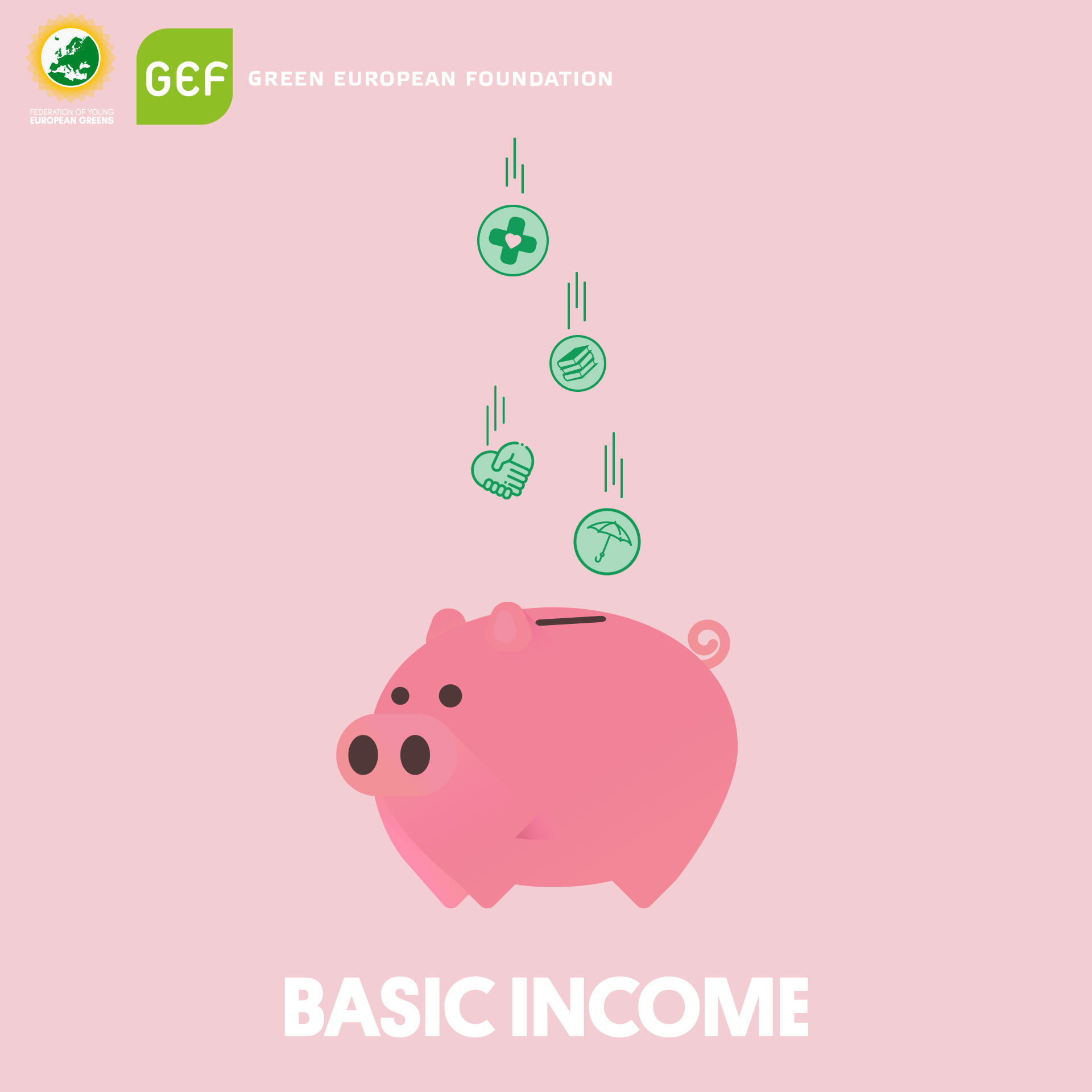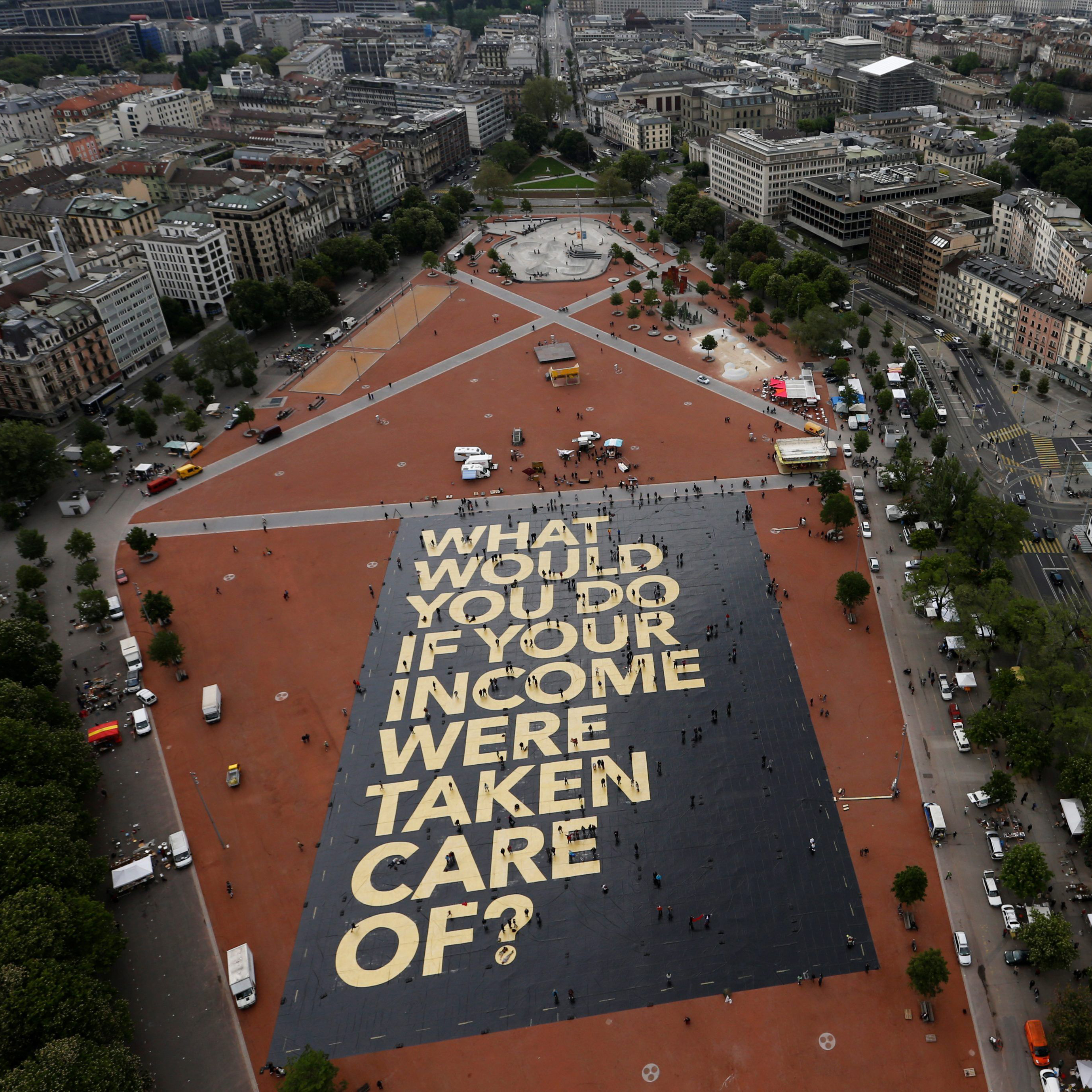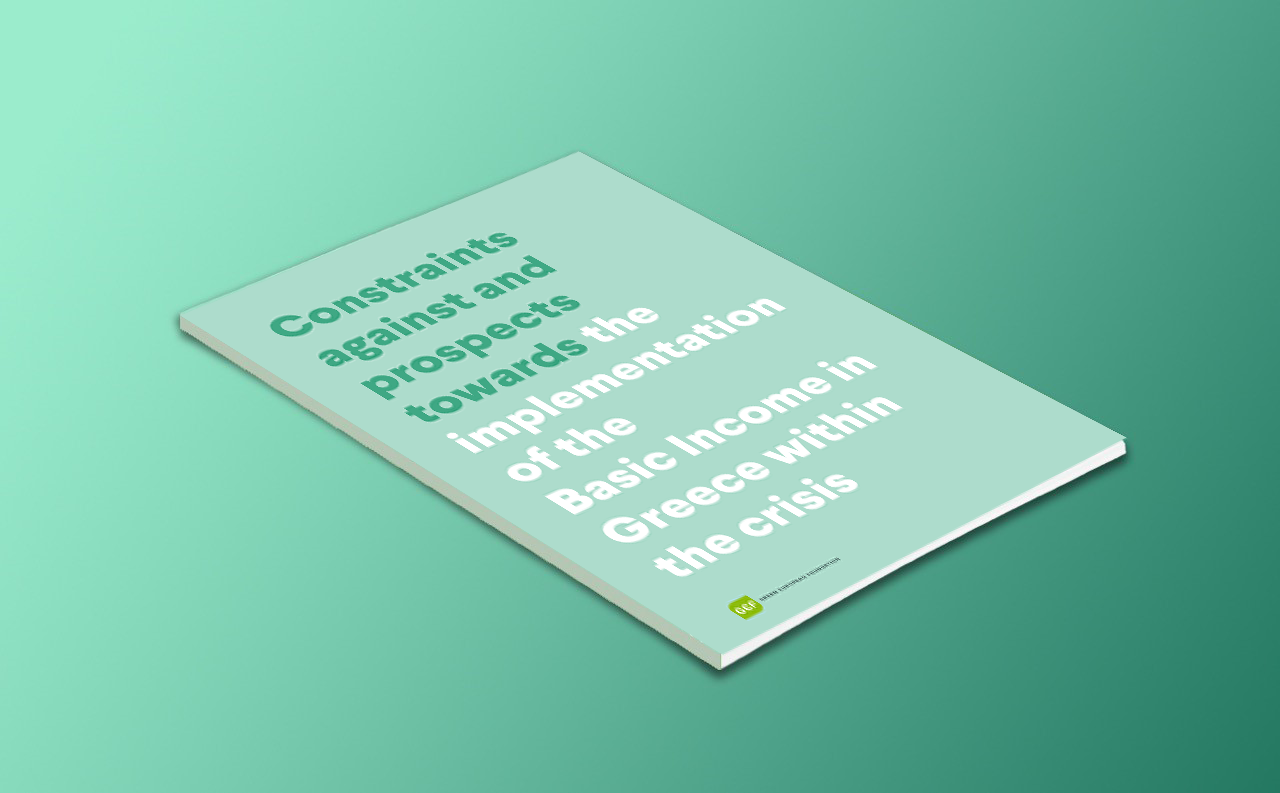About the Event
The long lived dream of a basic income has gained relevance in Europe in the last few years. Changing working life and an uncertain economy has sparked the need for social security reforms in many countries. The Finnish basic income study has received world wide coverage. The goals have long been established but how do countries move forward to make it actually happen? Is a European BI possible? Should we approach BI incrementally?
In this seminar, taking place at the 30th European Green Party Council, guest speakers will discuss the status of basic income developments in different countries and outline paths to make the utopia a reality. Both national and Europe-wide points of view will be discussed. The seminar is a chance to spread ideas among the participants and help implement change across Europe.
Speakers
Via video: Jamie Cooke, The RSA Scotland
Pathways to a Basic Income in Scotland and the UK
Jane Millar, University of Bath, UK
Universal Credit: designing and implementing the UK’s new working-age benefit and how this differs from Basic Income
Kim Evangelista, Belgian Green party (Ecolo)
A Basic Income for the young: Inventing tomorrow’s solidarities
Lukas Korpelainen, Visio – Finnish Green Think Tank
A hybrid model for basic social security and the steps for the next 10 years in Finland
Speaker Biographies
Jane Millar OBE, FBA, FAcSS is Professor of Social Policy in the Institute for Policy Research at the University of Bath, UK. Her research interests include the design, implementation and impact of social policy and comparative research on family policy, social security and employment policy, with particular reference to gender and changing family patterns. Her current research examines the impact of Universal Credit on couples, focusing on labour market decisions and family budgeting.
Kim Evangelista is a policy advisor for the Belgian Green party (Ecolo). He is in charge of economic, social and fiscal policies. He worked on a concrete Basic Income proposition included in the political program of the party for the May 2019 election. He studied economics and political sciences, and was later a researcher in applied economics. He worked in both the private and public sector
Lukas Korpelainen is a research coordinator at the Finnish Green think tank Visio. Earlier this year he wrote a report on improving the basic social security system in Finland. The work includes a new model for a basic income combined with means-tested benefits and a realistic first step with economic simulations. He has also helped the Finnish Green party develop its social security policies.
Jamie Cooke is the head of The RSA Scotland and leads on the development of the RSA’s activity in Scotland, through innovative partnerships, projects and programmes. He is also a leading advocate, writer, and speaker on the subject of basic income. He sits on the Executive Committee of Basic Income Earth Network (BIEN) and on the Board of Citizens’ Basic Income Network Scotland (CBINS).
This seminar is organised by the Green European Foundation with the support of the Finnish Green think tank Visio.




 Ville Ylikahri, GEF Board Member, Secretary General in the
Ville Ylikahri, GEF Board Member, Secretary General in the  Susanne Rieger, GEF Co-President, responsible for European issues and European relations in the Catalan Green foundation
Susanne Rieger, GEF Co-President, responsible for European issues and European relations in the Catalan Green foundation 
